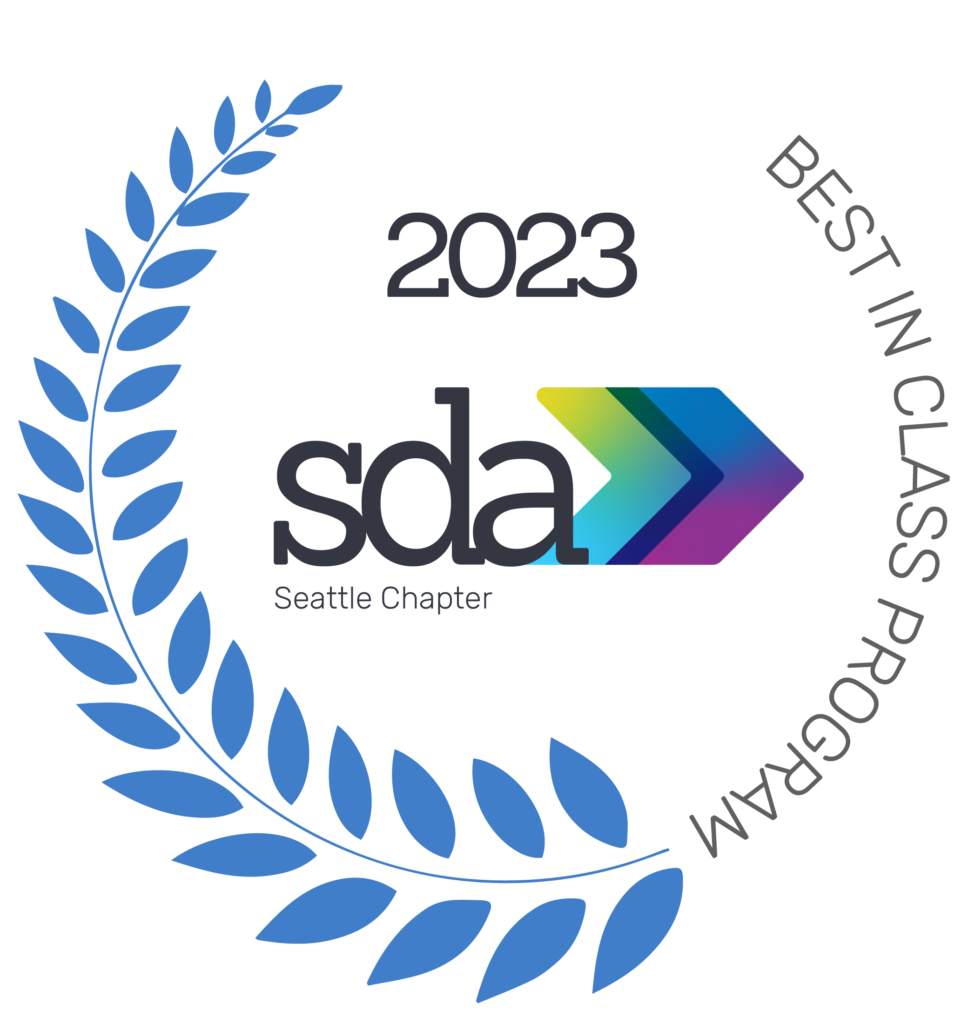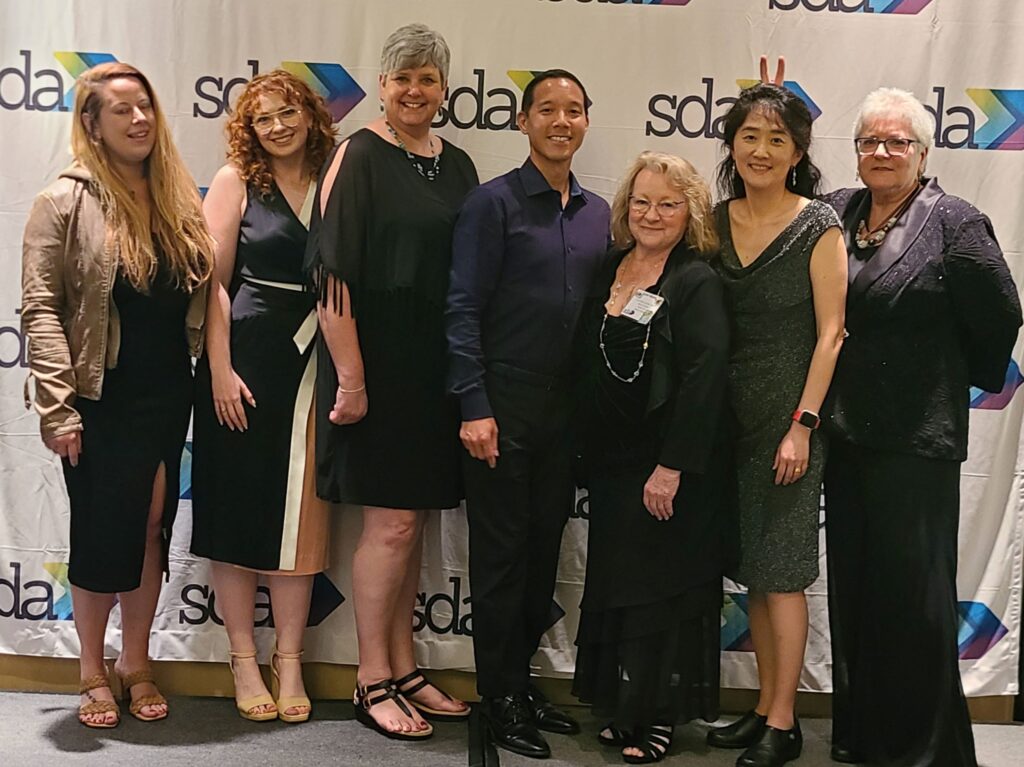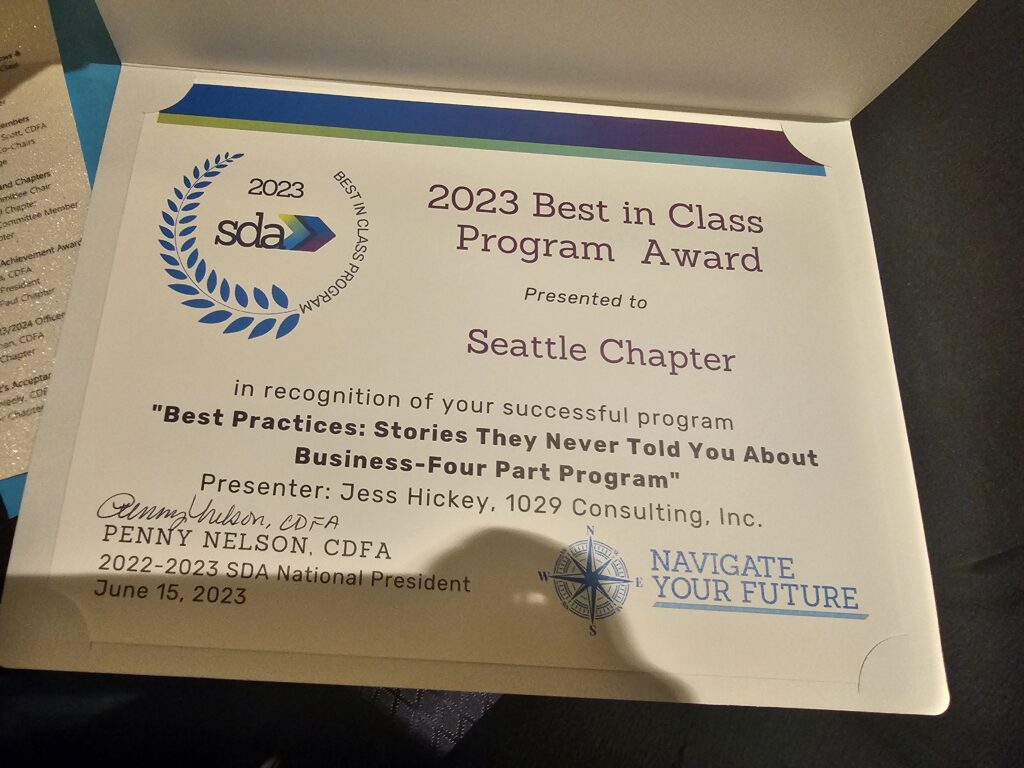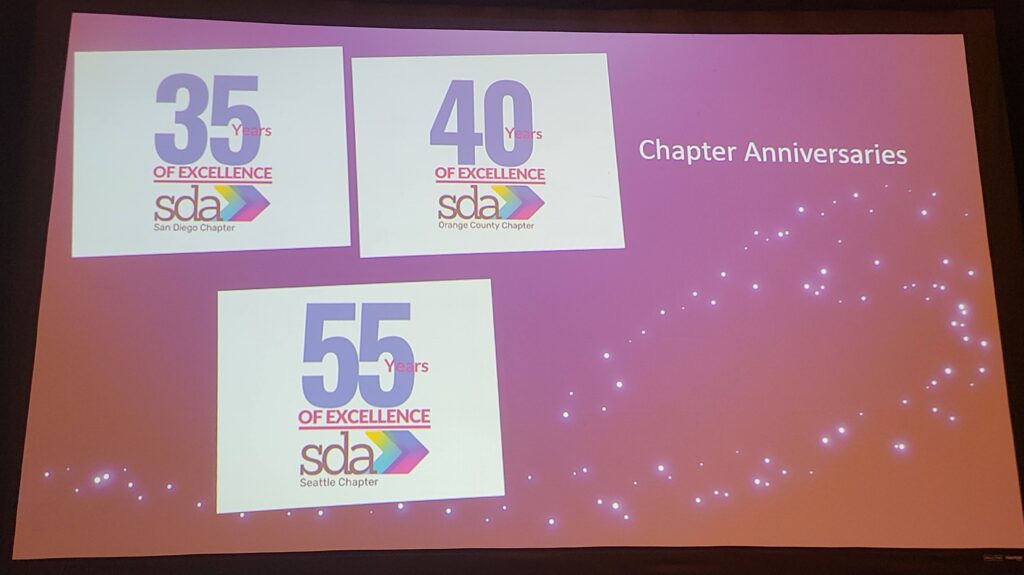A recent conversation with folks who are involved with screening applicants for job openings had us talking about cover letters – are they still relevant? Worth the effort? The consensus from our group was a resounding yes. A well-crafted cover letter connects the job advertisement and your skillset; it’s an extension of your resume that gives you a chance to stand out from your fellow applicants. We can receive dozens to hundreds of resumes a week; this is not an exaggeration and there is limited time to screen each one for qualifications. The cover letter is an additional point of differentiation that can put you in the “further review” pile.
How long a cover letter should be varied a little bit but everyone agreed no more than one page, and most thought 2-3 paragraphs was sufficient. If you’ve never written one, or you thought they were a waste of time, here’s what our group of reviewers look for / appreciate in a cover letter:
They allow you to ‘speak’ in a more conversational tone than a resume, and gives you a chance to share what you value or are looking for beyond the typical Objective statement. This is where you can mention an element about the company that really appeals to you, or what got you excited about the advertisement. Think of the cover letter as your introduction call – a balance of personal and professional. No need to tell us your life’s story, though; keep it on topic and relevant to the position.
It is the perfect place to reinforce why you are a match for the position – such as how your skills will transfer to a new company, a specific example that makes you a solid candidate, or aligning your past experience with what the potential employer is seeking. This isn’t just rehashing what’s in your resume, this is connecting the dots. For example: those three years at the front desk gave you excellent time management skills, an ability to juggle multiple deadlines and competing priorities, and a knack for dealing with strong personalities that you can immediately put to use in a new position as a project coordinator on a design team.
If the position requires top-notch writing skills, like a marketing position or executive assistant, the cover letter is where you can really shine. Mention special software training or aptitude if it applies to the position. And we are definitely checking your spelling, so have someone read your letter. We may overlook a typo or two, but if your cover letter is riddled with blatant spelling or grammatical mistakes it will be noted.
Cover letters also show that your application was intentional. In the age of bots and one-click-applications, many of us get flooded with resumes that have nothing to do with the position we need filled because a key word triggered a “match” – your cover letter could keep you from being screened out if your resume doesn’t immediately seem like an obvious fit. This really comes into play if you are making a career change or your resume has untraditional experience; use the cover letter to close that gap.
You can mention your next steps, timeline, or other important points in your job search. List the dates you will be in town, whether you are available to interview in person or via Zoom, or what your preferred contact method is (phone, email, etc.). Be sure to have your contact information on the cover letter!
While we’re talking about applications: your resume packet should be submitted in a format that is readily accessible by offices, such as PDF. Many offices still print and circulate hard-copies of resumes, so make sure yours is printable on standard paper and use readable colors (no yellow fonts, please). It’s great to have a link to an online portfolio, but also include a smaller, printable version in the PDF just in case.









